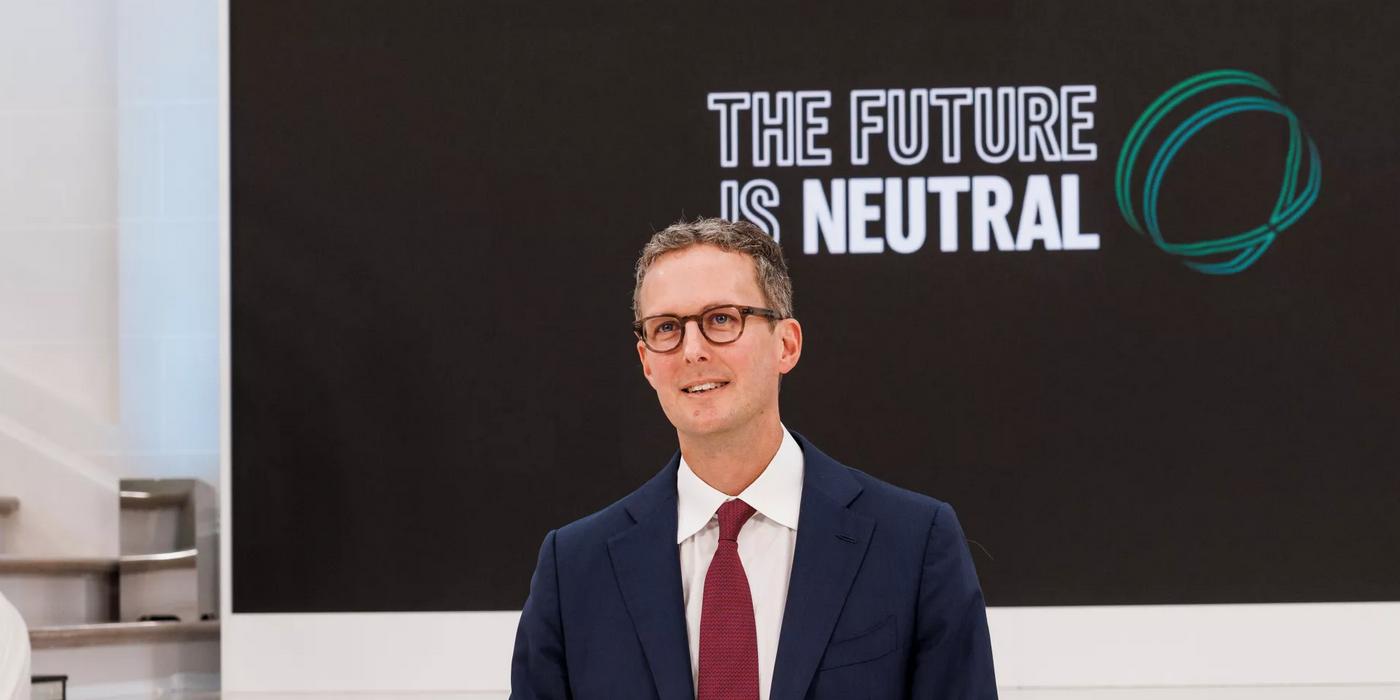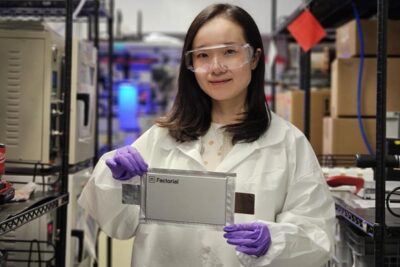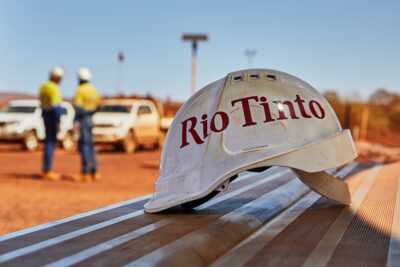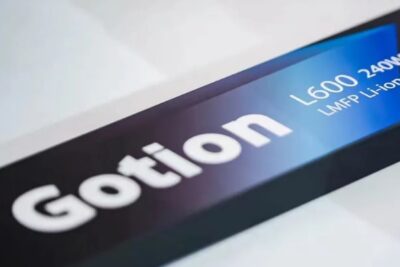Renault creates The Future is Neutral for circular economy
Renault Group has created a company dedicated exclusively to the circular economy. The new company, called The Future is Neutral, aims to be “the European leader in the circular economy for cars by 2030”.
The new company, The Future is Neutral, is headed by Jean-Philippe Bahuaud and aims to lead the industry in closed-loop battery recycling and to develop old cars as a source of raw materials for new cars – not just for Renault but for all players in the industry.
This is by no means the first mention of the circular economy by the Group: In July this year, the Renault Group provided an update on its Refactory plant in Flins, near Paris, which is to become a circular economy hub. This is also where the new company, The Future is Neutral will be located.
Here at Flins, The Future is Neutral will draw on the expertise of its subsidiary Gaia, which operates on-site battery repair, parts collection and reuse, and recycling of materials from end-of-life vehicles. The new company will be flanked by the refurbishment of mechanical and mechatronic parts already located there, as well as a future vehicle dismantling facility.
CEO Jean-Philippe Bahuaud explains: “In the automotive sector, the first under-exploited resource is the car itself, which is made up of more than 85% of metals and plastics. This new entity aims to push the automotive industry towards resource neutrality, extracting from each vehicle the largest possible amount of material needed to manufacture a new model.”
In July this year, the Flins Refactory Director revealed that used batteries will find further applications in 2nd Life scenarios. At the time, Amaury Gailliez, Battery Operations Director and Business Director Mobilize explained that Renault’s leasing service targets a fleet of one million electric vehicles by 2030 and will also utilise second-life batteries. After the second life, Gailliez explained that Renault outsources the actual material recycling processes for environmental reasons. These chemical battery recycling processes are located with Renault partners Solvey and Veolia.
The recycling of electric vehicle batteries is expected to set new standards in terms of yield and purity through the use of industrial processes. The Future is Neutral explains that it is relying on Europe’s largest fleet of electric vehicles containing valuable raw materials such as nickel, manganese, cobalt and lithium, as well as its subsidiary Indra’s expanding network to assist with battery collection, and its subsidiary Gaia’s expertise in battery diagnostics.
Luca de Meo, CEO of Renault Group, elaborated: “Our subsidiaries Gaia, Indra and Boone Comenor, as well as the Refactory in Flins, have already demonstrated our ability to generate activities that create economic, social and environmental value throughout the vehicle life cycle.” He explained that the mission of the new company is: “..to grow its business with ambitious strategic plans and new outlets by offering the automotive industry, faced with the climate challenge, new regulatory requirements and increasing pressure on resources, closed-loop recycling solutions, i.e. from car to car.”
The reuse and recycling of used electric vehicle batteries are not only better for the environment but also big business – as the larger Chinese electric vehicle industry has found out. Another advantage is shorter local supply chains and more geopolitical security, as Renault already pointed out in June this year when it revealed plans to cover the entire battery-electric vehicle (BEV) supply chain.
In 2030, The Future is Neutral aims to lead the automotive circular economy in Europe with a turnover of more than 2.3 billion euros and a margin of more than ten per cent. To do so, it does not have to start from scratch since it can rely on Renault’s network of subsidiaries and partners involved in collecting and recycling parts, materials and batteries from scrap cars, production rejects or workshops.
In the short term, the new company says it aims to expand its existing businesses and develop innovative opportunities for the automotive industry. To grow quickly, The Future is Neutral also plans to bring in outside investors to co-finance investments of around 500 million euros by 2030.
The stepping stones have been carefully laid for this step to form a The Future is Neutral. At the end of last year, Renault announced its plans to complement the capacities at Flins and build out the circular economy in Spain with a similar Refactory for the company’s plant in Seville.





0 Comments